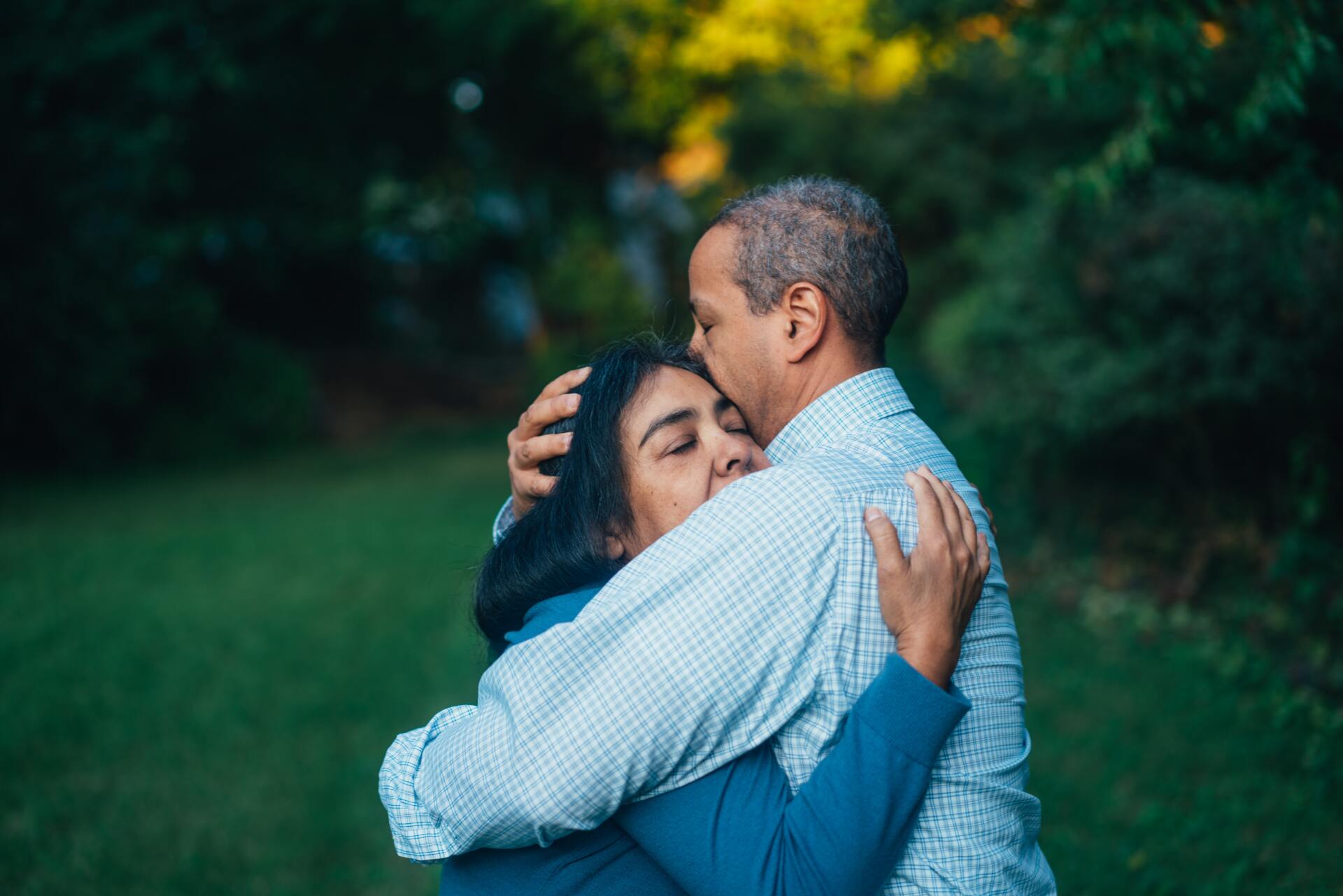Tips For Coping With Grief
As you may have already read, I don't claim to have any special qualifications when it comes to grief counselling or psychology. I don't have a secret method that will ease the pain of your loss or an ideology that will make the grief vanish. And my experiences are not unique. However, from my experiences of losing both my parents at a relatively young age in two very different ways, along with seeing some of my friends and family occasionally struggling to come to terms with bereavement, I believe I can provide some insights that might be of use to people who feel like they don't know how to begin the healing process.
My Key Tips For Grieving
Allow Yourself To Acknowledge How You Feel
'Staying strong' is theme that comes up a lot in the grieving process. At funerals, around friends, people who have suffered a loss often feel the need to show strength. While this might be fine for people who are capable of quietly processing their grief, in many cases, it's a front that involves someone pushing their true feelings deep down inside and trying to present a facade of coping - as if they are getting on top of grief. You don't need to tell everyone you meet how you really feel, but at least be honest with yourself. Think about your feelings and be brave enough to admit if you aren't coping. Then talk to your friends and family about your feelings. Don't be afraid of your feelings.
Control Alcohol Intake
Ireland is not unique in having alcohol as a central part of the funeral and burial process. And it's not necessarily bad. Between wakes and funeral ceremonies, families and groups of friends who maybe don't get to meet very often, come together, share stories about the deceased person, From the darkness of death, there can be laughter and an appreciation for the person who has died. It can be very comforting. However, avoid getting very drunk and using alcohol as a salve. The cathartic effects of having a drink and reminiscing will soon be negated if you can't string a sentence together and you wake up without the positive memories but a raging hangover. Be very vigilant of your alcohol in the days after suffering a loss. It can quickly become a crutch that delays the process of coming to terms with grief.
Don't have a timetable in mind
In other aspects of your life, you may find creating goals to achieve within certain timeframes to be both helpful and productive. But when it comes to grieving, there is no timetable. Things happen at different paces for different people. For example, don't say to yourself 'in one month's time, I want to be able to talk about [the deceased person] without crying'. That is certainly a good aspiration to have in the grieving process, but applying a timeline to it adds unnecessary pressure and potential for more stress and frustration if those artificial goals aren't met. Grief happens at its own pace.
Don't compare your grief process to other people's
This is similar to tip number 3, but without the element of time included. As an adult, it's hard to find anyone who has not had the experience of a grief. You may admire how some people have processed their grief with a minimum of drama and a quiet dignity. By comparison look at yourself and feel like you're not coping so well and should be doing better. But remember that grief is deeply personal for everyone so comparison is pointless. the person that is seemingly coping so well might be falling apart behind closed doors. Focus on yourself and don't feel the pressure to copy others or pretend to be at a certain stage because that's how someone else you know did.
